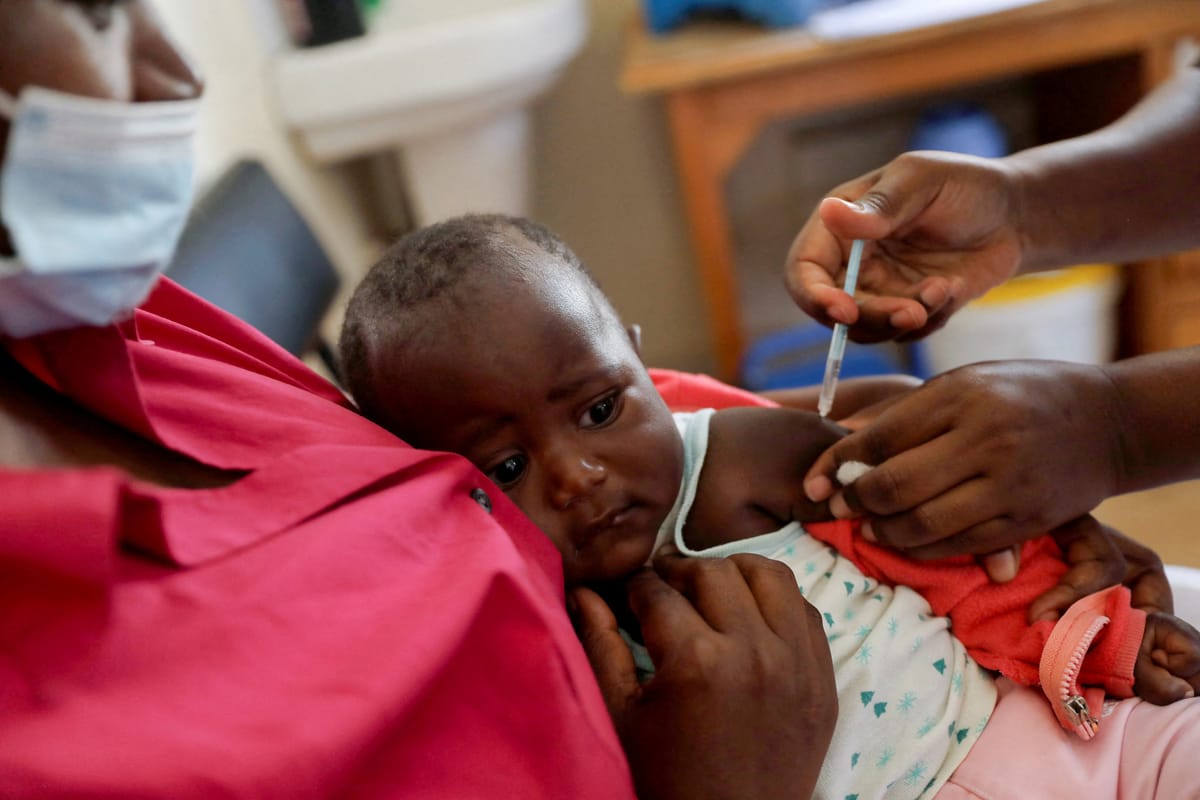The scientists who are trying to end malaria with gene editing
Malaria is a disease that millions of people suffer from every year, and it disproportionately affects the Global South.

A few minutes every morning is all you need.
Stay up to date on the world's Headlines and Human Stories. It's fun, it's factual, it's fluff-free.
Malaria is a disease that millions of people suffer from every year, and it disproportionately affects the Global South. The World Health Organization (WHO) estimates that, in 2022, there were 249 million malaria cases and 608,000 malaria deaths in 85 countries. It’s usually spread by mosquitoes, and there’s not really any reasonable option for getting rid of those pests. But what if there was a new way to address the disease?
For the past few years now, scientists have been looking into gene editing as a potential solution to the spread of malaria. Not editing the genes of people but of mosquitoes. Malaria is a parasitic pathogen that thrives in humans but is moved from person to person by mosquitoes drinking blood. So what if there was a way to make mosquitoes themselves unable to carry that pathogen from one person to the next?
"If we can make the mosquitoes inhospitable to the pathogens, you know, we can eliminate the threat of getting the disease," explains Anthony James, a professor of molecular biology and genetics at the University of California, Irvine.
Research teams all over the world have been working on ways to edit the genes of mosquitoes to make them malaria-resistant machines. One University of California, Davis team based on the West African island of Príncipe has been working on replacing the island’s current mosquito population with malaria-resistant ones.
“Not eradicating, but modifying – this is the most secure and sustainable path,” says Arlindo Carvalho, a former health minister of São Tomé and Príncipe who advises some malaria-control projects.
Now, a scientist from Burkina Faso, Dr. Abdoulaye Diabate, has been awarded the 2023 Falling Walls Prize for Science and Innovation Management for his research in this area. But instead of editing mosquito genes to make them resistant to transmitting malaria, he’s working on editing their genes to reduce fertility. With this technique, Diabate wants to release sterile genetically modified male mosquitoes, which would stop them from producing female offspring after they mate (because the malaria pathogen is transmitted only by female mosquitoes). After a while, the female mosquito population gets smaller and smaller, cutting malaria transmission.
"When the (gene-edited) mosquitoes are released in the field," Diabate says, "they will spread across the entire mosquito population and cut malaria transmission right away."
Still, there are ecological concerns from some about genetically modifying species, as critics say the impact on the ecosystem as a whole can’t be predicted. For example, even though these mosquitoes are seemingly only harmful to humans, they are a crucial food source for other species like birds and dragonflies. But Diabate, whose own life has been affected by malaria in “every aspect,” has pledged to dedicate his life to fighting malaria however he can.




Comments ()